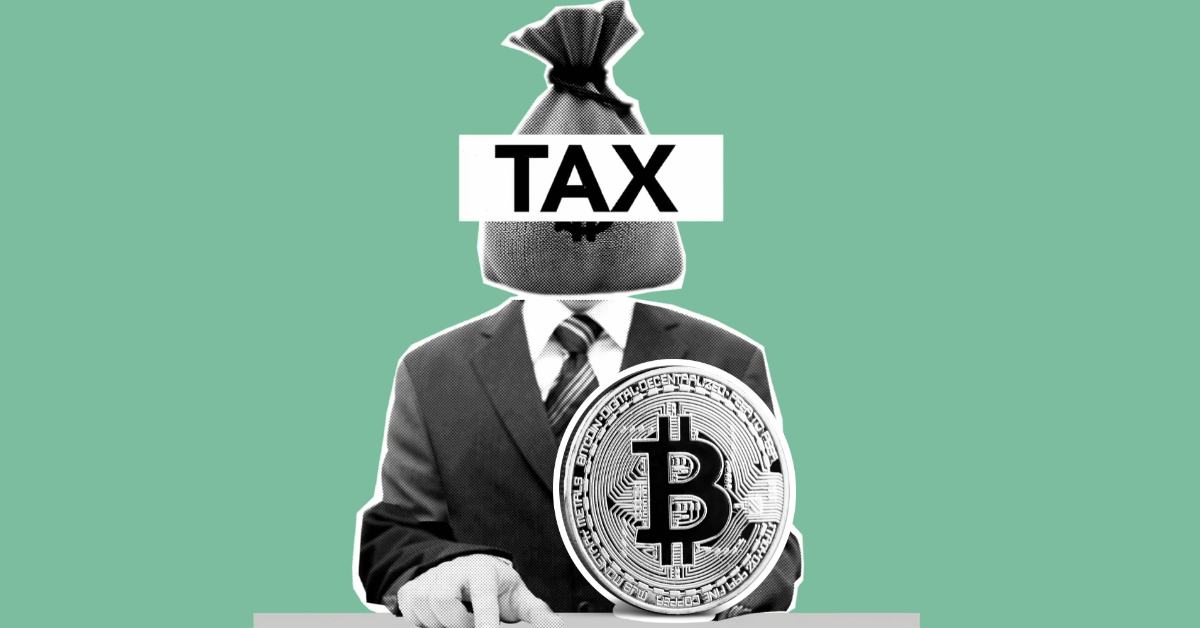A letter put forward by U.S. Senator Elizabeth Warren to President Joe Biden has surfaced online, suggesting a wealth tax be imposed on individuals holding cryptocurrency and advocating for obligatory reporting to the Internal Revenue Service (IRS).
This document, purportedly supporting a bill titled the “Cryptocurrency Reporting and Wealth Tax Act,” has sparked uncertainty about its legitimacy, prompting discussions and apprehensions within the cryptocurrency community.
Questions Surrounding the Letter’s Validity
Initially appearing authentic, the letter calls for compulsory reporting of cryptocurrency assets surpassing \(1,000 to the IRS. It also proposes a 1% wealth tax on holdings exceeding \)500,000 for both individuals and entities.
The suggested legislation underscores the importance of transparency and tax adherence within the cryptocurrency domain, striving to strike a balance between fostering innovation and ensuring equity.
Despite the initial alarm, doubts swiftly emerged regarding the letter’s authenticity. Dennis Porter, the CEO and Co-founder of the Satoshi Action Fund, pointed out various inconsistencies that raised suspicions about the letter’s legitimacy.
In a statement on X, Porter remarked, “It appears that this recent Warren letter advocating for a 1% tax and mandatory reporting is fraudulent. Take note of the misspelled name at the bottom. Furthermore, it is not featured on her official website.”
This revelation fueled skepticism within the cryptocurrency community.
Porter expressed reservations about the credibility of such a proposition, remarking, “It is quite unbelievable that she would put forth such policy recommendations.”
Examining the Proposed Legislation
The alleged letter suggests the obligatory yearly disclosure of cryptocurrency holdings exceeding \(1,000 and the implementation of a 1% wealth tax on assets surpassing \)500,000. The letter aims to tackle wealth inequality and bolster tax compliance within the cryptocurrency sphere.
Nevertheless, these suggestions appeared radical, prompting queries about their practicality and alignment with current regulatory frameworks.
Despite this, the fervor subsided as the purported 1% wealth tax letter was revealed to be a hoax, though the underlying themes of regulatory supervision and wealth disparity remain pertinent. The IRS has displayed a heightened interest in taxing cryptocurrencies, with discussions intensifying around regulatory actions targeting digital assets.
Yet, the extreme nature of the proposed wealth tax and obligatory reporting implies that such legislation is improbable to pass in its current state.

